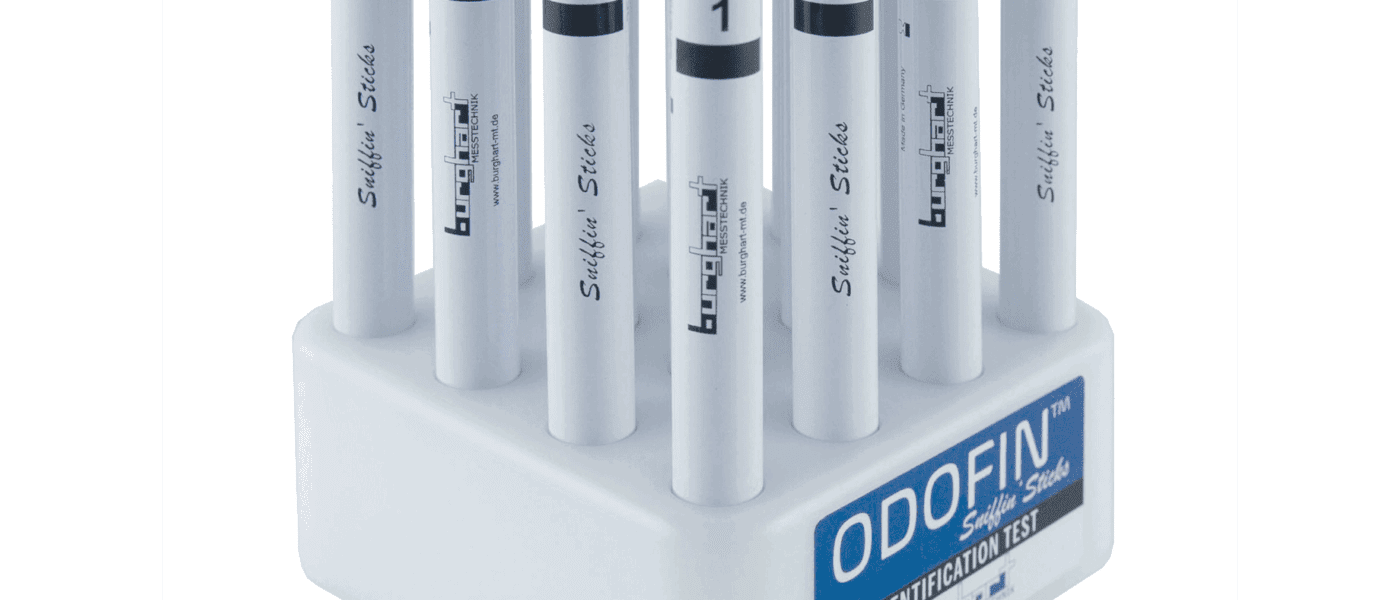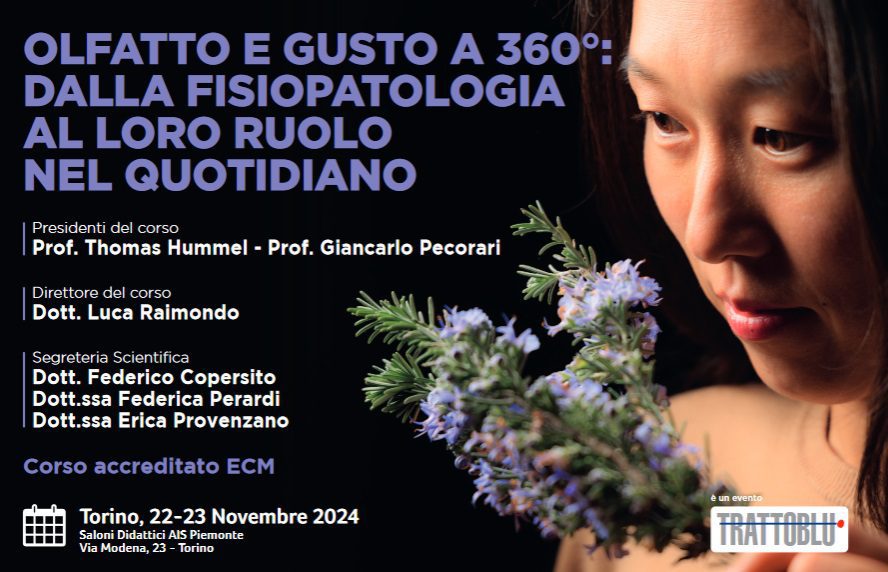
A smell identification test is a type of olfactory assessment in which different odors must be recognized and named by the test subject. In other words, it involves the identification of the presented odors. Although these tests come in various formats and contain different odors, their core principle remains the same: the test subject is […]





